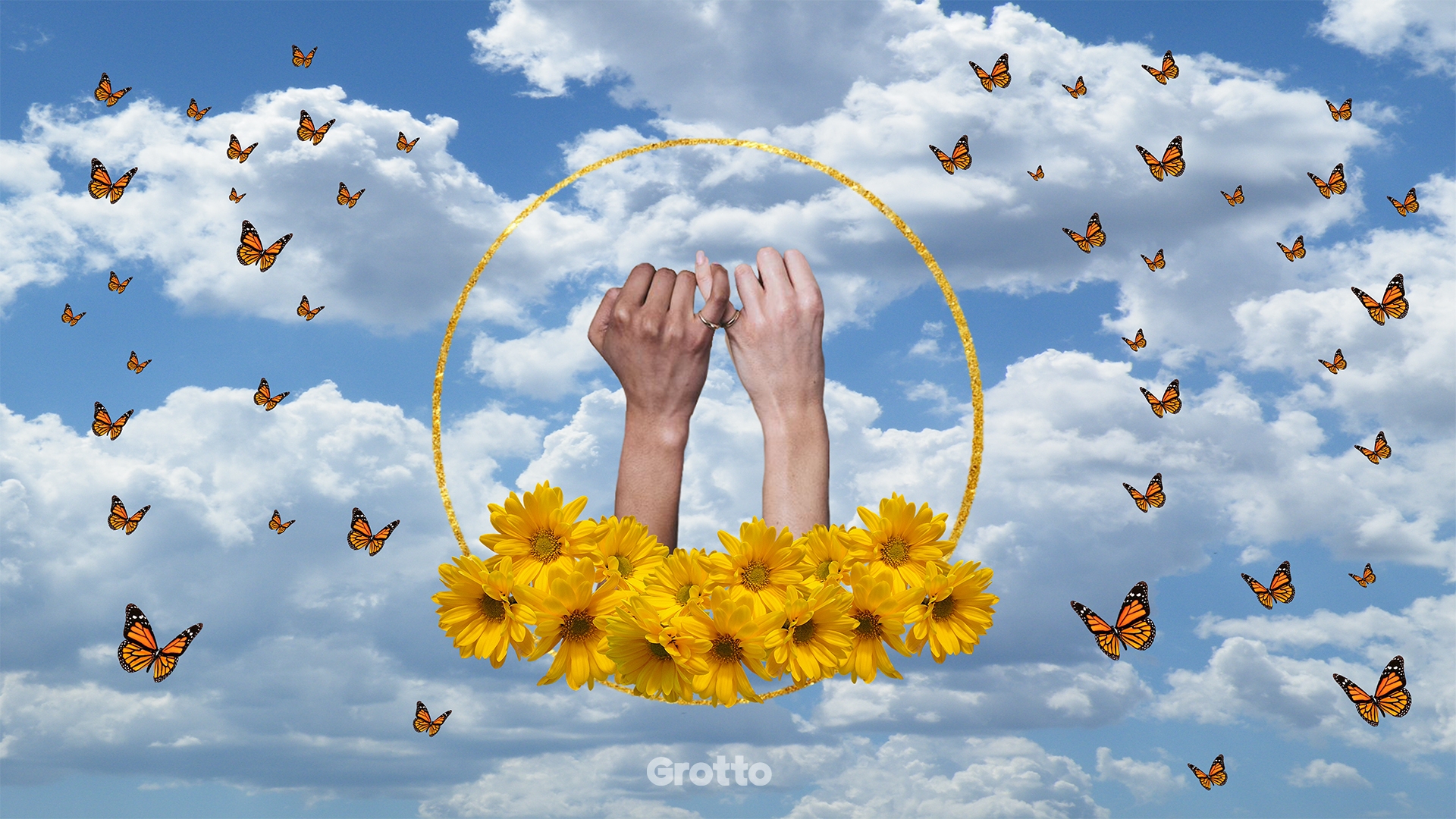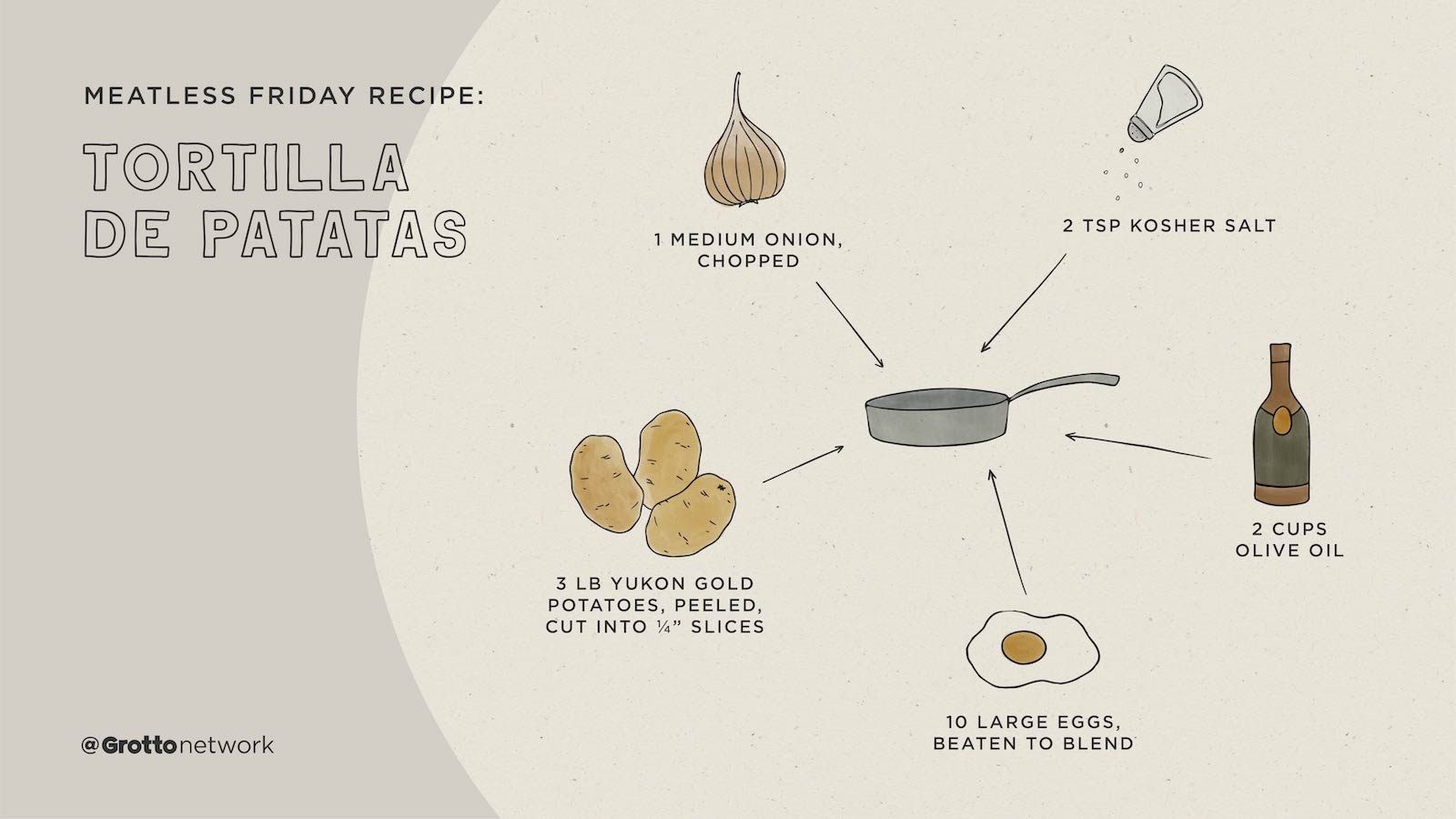
When choosing a college, it was the community that won me over. As soon as I stepped foot on campus for accepted students day, I could feel a palpable sense of energy, pride, and connection. Students clapped and cheered. Purple — the university’s color — somehow found its way into every room I entered, unapologetically cloaking the walls, hallways, and any other space it could fit.
Over the next four years, I formed a strong community with my roommates, friends, and my study abroad group. Ripe with opportunities to connect spiritually, academically, and socially, I always felt supported and rooted during college. While I consider myself an introvert, I loved being part of such a vibrant community.
After I graduated from college, I was offered a job in Washington, D.C. Although I was hesitant to move, I figured I would easily form new relationships because the city was full of young professionals and other transplants. But despite my hopes, I had a hard time finding the right people and places to nourish me. I longed for a community where I could continue to have the fulfilling conversations that I encountered so often in college. With each turn, I felt more confused and out of touch with the social network I envisioned for myself.
I discovered I needed two essential traits to navigate my journey to find community in a new city: openness and not being afraid of failure.
Being open to a new idea of community
Informed by my college experience, I approached the definition of community very narrowly. In college, my community consisted of groups of people whom I met up with regularly. There was a more defined structure and routine that accompanied all social encounters: meet at the dining hall at 6 p.m. for dinner; grab coffee on our way to French class; find a table at the library Sunday morning to catch up on homework.
As I transitioned to my new life in D.C., I held myself to this very high standard of what it meant to be part of a community. I looked for consistency, stability, and predictability in all of my social encounters. But when I didn’t find it, it felt like I had failed.
My first few months in Washington, D.C. were by no means devoid of meaningful encounters, but they all seemed to occur in isolation. No longer was my community concentrated in one geographic location like it was in college; it was diffuse and sporadic. I found glimmers of community while having dinner at my neighbor’s house, serving coffee where I volunteered downtown, and during conversations with my coworker about what attracted each of us to our respective religious traditions. In all of these moments, I found joy and meaning — they just weren’t the community I envisioned for myself.
The longer I lived in D.C., the more my definition of community shifted. I realized that community can be an amalgam of different places, peoples, and moments. What matters most is that you’re open to wherever it meets you.
Not being afraid of failure
There is no shortage of opportunities to get involved in D.C. — the city is replete with cultural events, lectures, and community gatherings. When I first moved, I oscillated between a few different groups in an attempt to integrate myself into the social fabric of the city. I tried conversational French happy hours, intramural sports leagues, faith-sharing groups, free writing workshops — you name it.
With each new endeavor, I would arrive feeling optimistic; but despite my earnest attempt to connect, I would often leave feeling disappointed. While I enjoyed the events themselves, I felt as if nine times out of 10, I came away without forming lasting relationships. I started to ask myself, Why even try if my efforts aren’t bearing any fruit? What is the point? As this mindset became predominant, I could feel myself pulling away from my life in D.C. — I lived there physically, but existed in a completely different space mentally.
Instead of backing away and becoming deterred, as I was so tempted to do, I decided to invest my energy without being afraid of failure. So what if I went to a French-speaking group and did not meet my new best friend? Was I really losing anything? Or was I just exploring my interests and further refining my idea of the people I wanted to surround myself with?
Admittedly, I did not find community in all of the events I attended, but they were opening up new worlds, allowing me to explore my interests, and helping me meet people from all walks of life. In my own journey to find community, I formed a friendship with a French girl from Marseille, I started working at a local coffee shop where I met a whole new family of coworkers and customers, and I grew closer to my housemates.
As these relationships solidified, my other “unsuccessful” attempts at finding community did not seem to matter as much. I found that community was not a single destination — it was an ever-expanding pool of people and experiences.
It can be difficult to find your footing when you’re in a new city. There are a lot of changes at once: new job, new apartment, and new people. Add the task of finding a new faith community on top of that and it seems insurmountable. But in the end, it is worth putting the time and energy for the right fit. Finding community connections — even a regular worshiping community — will keep you rooted and imbue your life with deeper meaning, which is something we are all looking for.






.jpg)













